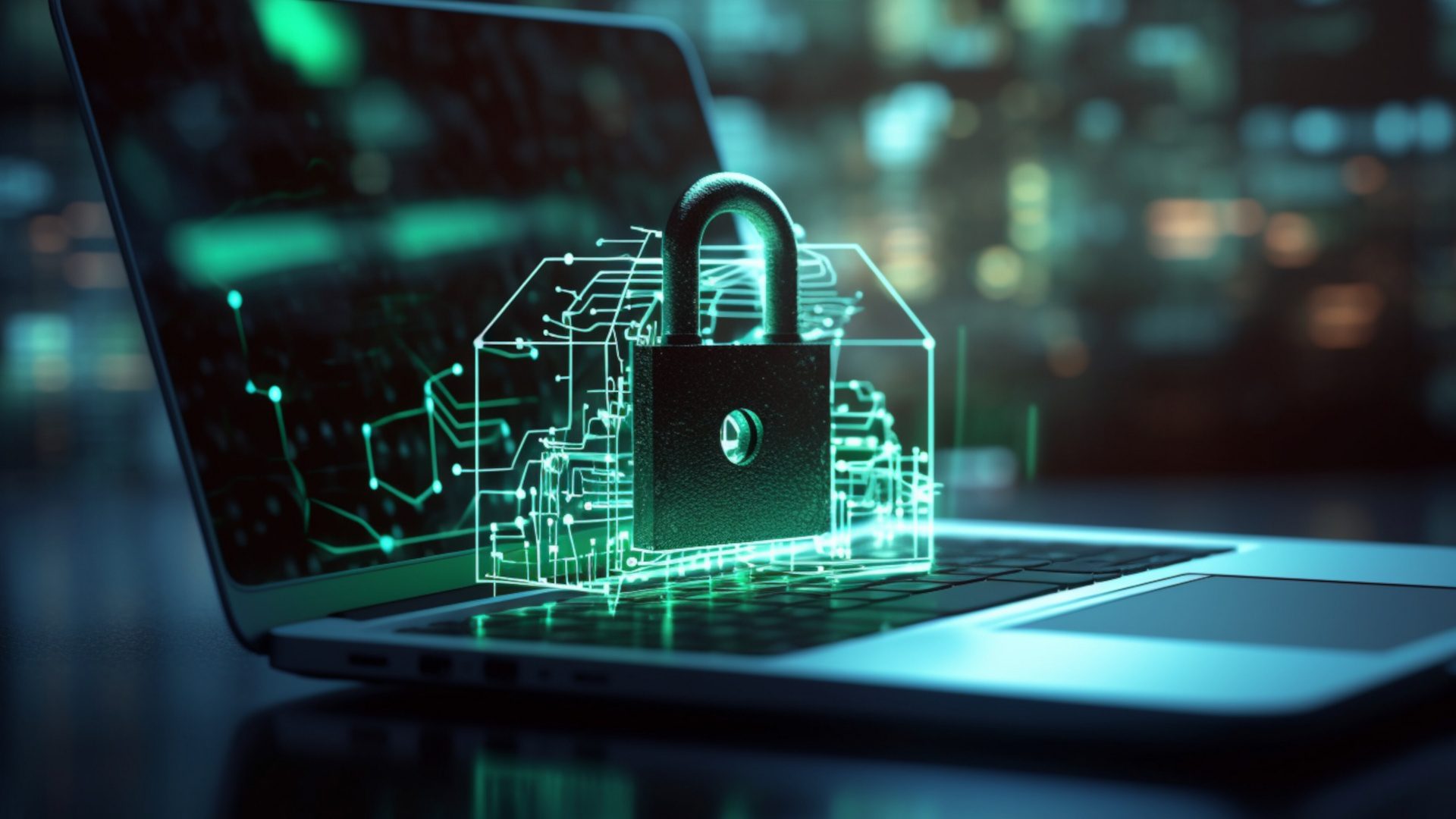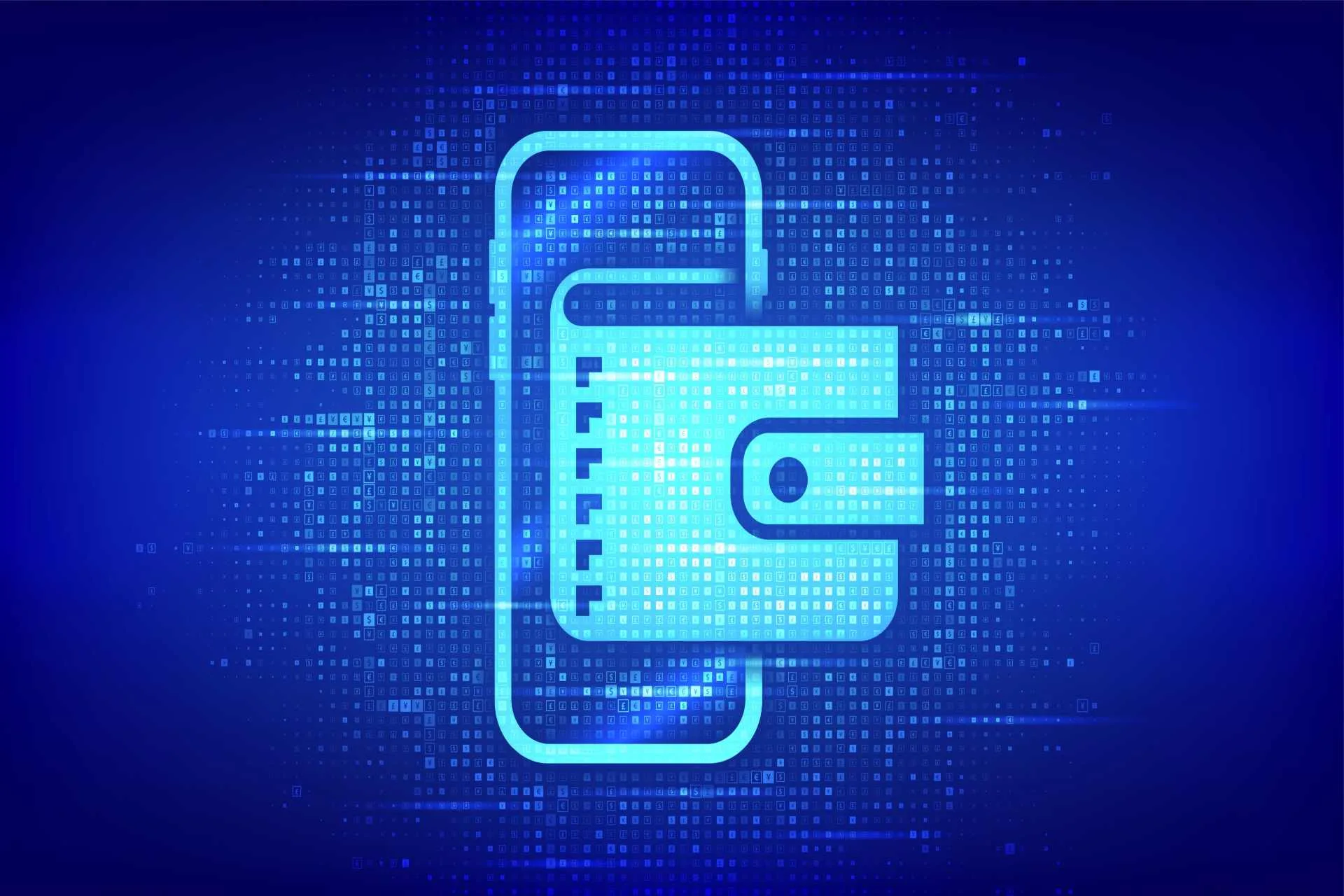Cyber security: latest data reviews and the push for AI solutions
Cyber attacks in modern business and governmental environments are constantly growing. They are more complex, as they exploit tools and techniques, from social engineering to ransomware, that are difficult to detect and prevent with traditional security measures. And if you combine this with the sheer volume of data to observe and analyse for the identification of potential risks, it clearly requires an improved level of cyber security and the adoption of innovative solutions to counter cyber threats.
In fact, cyber attacks have become increasingly sophisticated and dangerous and keep getting even harder to hinder. This highlights the need for a change and it might refer to the use of artificial intelligence (AI) solutions to strengthen defensive strategies and reduce the risk of a breach. Before understanding the role of artificial intelligence in cyber security, it’s key to learn what data tell about the current digital security landscape, in order to comprehend the size of this issue and how AI can be used as a resource.
As Forbes reported, 2022 was a rough eventful year worldwide regarding cyber security. Indeed, cyber attacks globally increased by 125% through 2021 and continued to increase and threaten businesses and individuals all over 2022. Nevertheless, these attacks produced severe damages on victims: for example, businesses had to bear an average cost of $4.35 million in 2022 to effectively tackle and solve data breaches.
Here are official data collected by the EU agency for cyber security in the ENISA Threat Landscape (ETL) report in October 2022, framing the status of cyber security in Europe by identifying main threats and major trends. In short:
- Most dangerous threats concern ransomwares, malwares (especially spywares), social engineering (e.g. spear phishing), denial of service or distributed denial of service attacks (DoS, DDoS) especially affecting the supply chain, misinformation and disinformation campaigns over the Internet;
- Most targeted sectors are governments (24%), public services (12,5%), private services (12%), IT providers (13%), banking/insurance (9%) and health (7%);
- Major trends highlight especially the role of the war involving Ukraine and Russia bringing to a new form of hacktivism around the world, the dangerous evolution of DDoS attacks by leveraging new technological systems and devices (like IoT) and, last but not least, the large use of AI-enabled technologies for cyber crime.
Focusing on the latter factor, let’s see how AI can perform as a useful tool for cyber security professionals to fight against cyber threats and attacks.
What is artificial intelligence and why is it important?
Artificial intelligence is a branch of computer science that studies how to build machines capable of performing tasks that usually require human intelligence, like the development of self-driving cars or smart assistants. AI is increasingly becoming popular both for individuals and companies with a wide range of applications, providing solutions to improve cyber security performances, too.
A definition of AI shared by the experts pictures it as “a discipline belonging to information technology that studies the theoretical foundations, methods and techniques which allow the design hardware and software systems capable of supplying electronic devices with performances which would appear exclusive of human intelligence”.
In other words, artificial intelligence is a technology capable of simulating the abilities of human beings, like making decisions, solving problems based on data and even generating creative contents. Thus, artificial intelligence is quickly challenging users, organisations and even governments to rethink about the disruptive impact of technologies. For this reason AI is becoming increasingly important in the digital transformation process within companies and public administration, representing a key point in the agendas of companies and governments.
Since both private and public organisations have to deal with the pressure of constant cyber security threats, here’s that AI might be a key tool to prevent and fight cybercrime and improve overall cyber security measures.
How does AI support cyber security?
Recently, AI is becoming important in the cyber security landscape as its solutions provide a higher level of defense against increasingly sophisticated cyber attacks.
AI can be used to automatically and effectively detect suspicious activities and identify malicious actors and threats, but also to analyse large amounts of data. Artificial Intelligence also makes workflows fast, autonomous and continuous, reducing the risk of human errors and increasing responsiveness.
Cyber security systems based on AI can be the right answer to the challenging cyber security situation on these days, helping to automate security management processes and improve the effectiveness of response in case of threat or attack.
Here are some advantages regarding the use of AI in cyber security:
- Detect new threats, as traditional softwares can’t keep up with all of the new cyber threats. AI systems use sophisticated algorithms trained to spot and respond to suspicious activity faster, detecting even the smallest behaviors that could indicate a threat before they actually harm. The use of AI makes it possible for cyber security teams to efficiently test, perform and adapt their defensive strategies;
- Prediction of possible risks, since AI systems help to precisely analyse the health status of devices, users and applications, it can also accurately individuate the weaknesses of a company, how and where it’s most likely to be attacked, making it possible to take actions in advance to prevent potential violations;
- Security automation, considering that AI automates security operations, reduces the time needed to identify and eliminate threats and helps prevent possible human errors while taking care of such delicate tasks.
AI-powered cyber security solutions will surely play a key role in the future, enhancing the sense of safety from possible IT attacks. But it’s not enough: AI must be combined with the experience of cyber security professionals and the simultaneous use of other security technologies in order to provide the best protection. Furthermore, it’s necessary to constantly monitor the effectiveness of artificial intelligence solutions applied, keeping up to date with the latest cyber security technologies.








